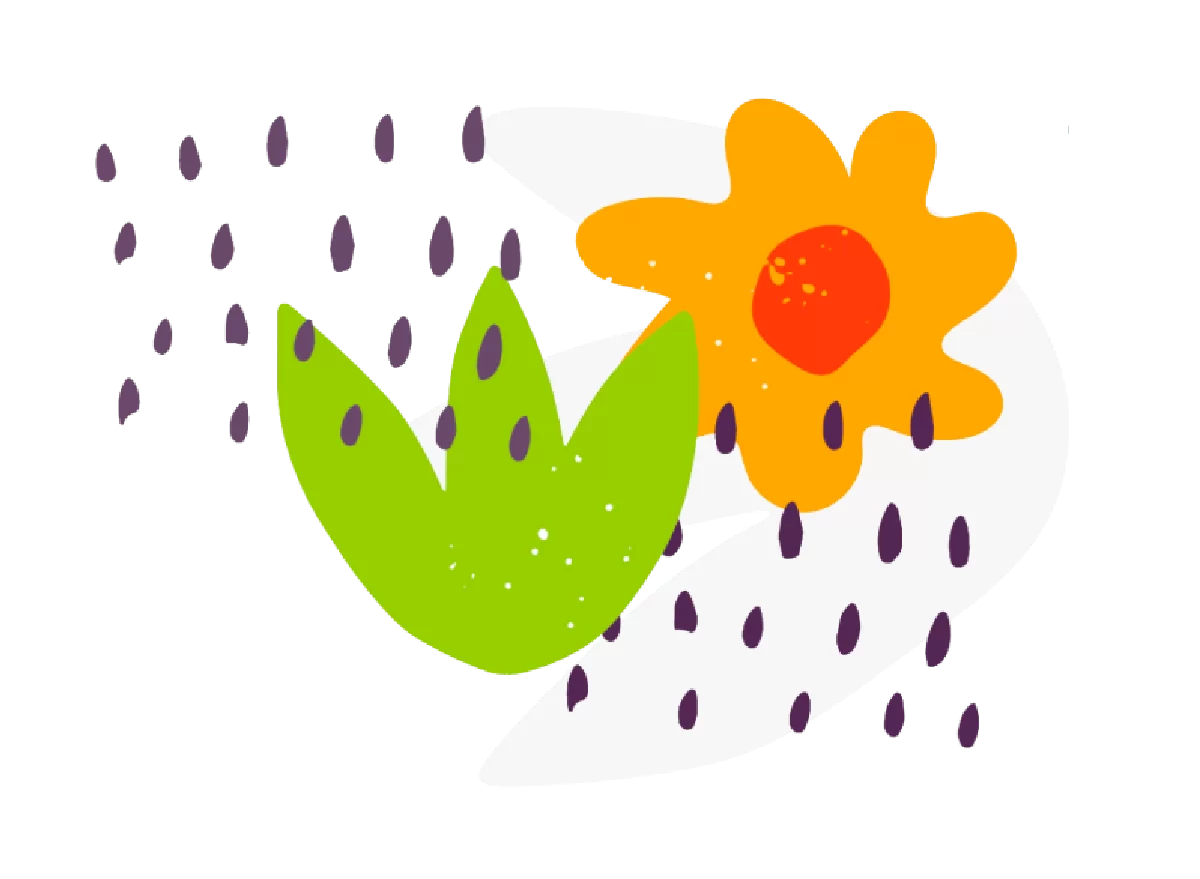Course description
When young people enter care, it can seem like the system takes a young person’s identity and gives them a new one, projecting them into a confusing world with new terminologies and often leaving them with little understanding of what’s happening. Systems are set up to safeguard children, which can sometimes leave families in cycles of trauma and negative family dynamics. Services become overwhelmed with the increasing numbers of young people entering care and become more stretched. Children feel confused and lost in the system; parents are hurt and often frightened, whilst practitioners are under pressure to ensure all young people are safe. Families deserve to be supported and children have a right to understand what’s happening to them.
We understand what it’s like for a child when they first come into care: not knowing what will happen or why they’re now living with a foster family can be scary and confusing.
We know for families this can be equally as scary: ‘losing’ your child to social care can be a hurtful and damaging experience; if left unsupported, families continue to experience trauma within their family dynamic.
We understand the pressure social workers are under and how difficult it can be to communicate what is happening to a child, often whilst being negatively portrayed by the media, managing trauma in families and trying to keep children safe.
Like you, we want the best for children, their families and to ensure services provide safe and meaningful environments that enable everyone to feel safe, supported and cared for.
When a child comes into care, from that moment on their life changes forever. They are introduced to a new language, expectations and identity. This can be a scary place to be in and it can be hard for the child to build a sense of self, safety and belonging.
Through understanding the lived experiences of young people who enter the care system – what worked and what didn’t – we are able to develop meaningful and safe passage through this complex system.
There’s a lot to understand: why children come into care, what happens to their families, how children’s social care operates, the legal frameworks, different types of care, the language and terminologies that are used to explain young people’s situations.
This session will take you on a real-life journey into the care system from the perspective of those who have experienced it.
Learning Outcomes:
- The lived experience of coming into care
- The process of a young person entering care
- An insight to how decisions are made in courts
- The different types of ‘care orders’
- The terminologies used by social care to describe young people’s circumstances
- What you can do to support young people
- How a good care placement helps
- How school can be a stable and positive environment












